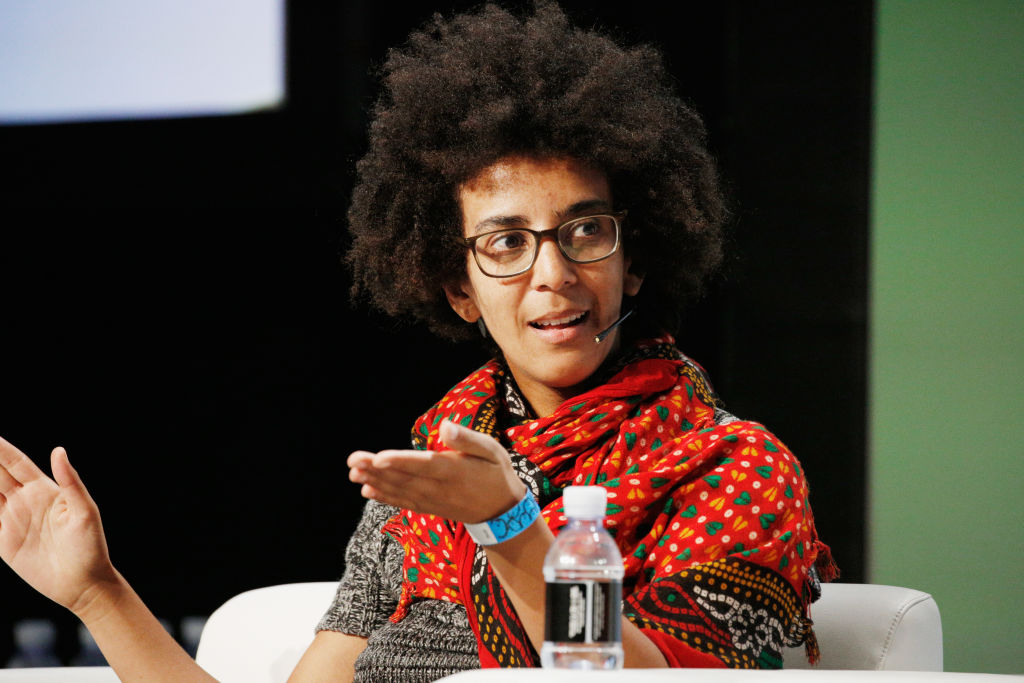In a world increasingly influenced by artificial intelligence, the establishment of **DAIR** (Distributed Artificial Intelligence Research Institute) marks a significant pivot towards a more inclusive, community-centered approach in AI research. Founded by Timnit Gebru after her controversial departure from Google, DAIR emerges as a beacon for ethical AI, aiming to challenge the conventional practices of mega tech corporations and their pervasive dominance in the field.
The Birth of DAIR
The inception of DAIR is rooted in Timnit Gebru’s passionate advocacy for AI transparency and accountability. Following her exit from Google, where her concerns about ethical AI went unheard, Gebru outlined a vision for an independent research institute that prioritizes diverse voices and focuses squarely on the socio-economic ramifications of AI technologies. With an impressive backing of $3.7 million from notable foundations such as the Ford Foundation and the MacArthur Foundation, DAIR is set to carve out a path that diverges from traditional corporate structures.
Emphasizing Diversity and Community
At the core of DAIR’s philosophy is a commitment to inclusivity and equity. Unlike conventional AI research bodies that often cater to corporate interests, DAIR aims to “bring AI back down to earth.” Gebru asserts that AI should not be perceived as an untouchable or superhuman force; instead, it should be understood as a tool shaped by human experiences and community needs. This fresh approach not only questions existing methodologies but also proposes new norms in the way AI systems are designed and implemented.
Challenging the Status Quo
DAIR’s research agenda intends to tackle deep-rooted biases in technology, emphasizing scrutiny during the developmental phases of AI. Through the work of its first research fellow, Raesetje Sefala, who examines economic and geographical segregation in South Africa via satellite imagery, DAIR is showcasing how technology can reflect real-world issues. This research seeks to demonstrate that AI and its applications can be more than just mundane tools; they should be leveraged for social good.
Advisors and Collaborations
In its quest to redefine AI research, DAIR has assembled an advisory committee featuring significant voices in the realm of ethical AI, including Safiya Noble, the renowned author behind “Algorithms of Oppression.” This collective expertise will help guide the institute’s exploration of the ethical implications surrounding AI technology. Collaborations with scholars and activists enable DAIR to amplify its impact, pushing for a systemic change within the industry.
Conclusion: A New Era in AI Research
The establishment of DAIR signifies a groundbreaking shift towards a more accountable and ethically sound framework in AI research. By addressing bias and prioritizing community perspectives, Gebru and her colleagues are paving the way for innovations that not only advance technology but also uphold the values of equity and humanity. Just as Gebru aptly stated, when AI research is inherently rooted in people and their needs, it becomes possible to preempt potential harms and construct a future that genuinely embraces inclusivity.
At fxis.ai, we believe that such advancements are crucial for the future of AI, as they enable more comprehensive and effective solutions. Our team is continually exploring new methodologies to push the envelope in artificial intelligence, ensuring that our clients benefit from the latest technological innovations. For more insights, updates, or to collaborate on AI development projects, stay connected with fxis.ai.

